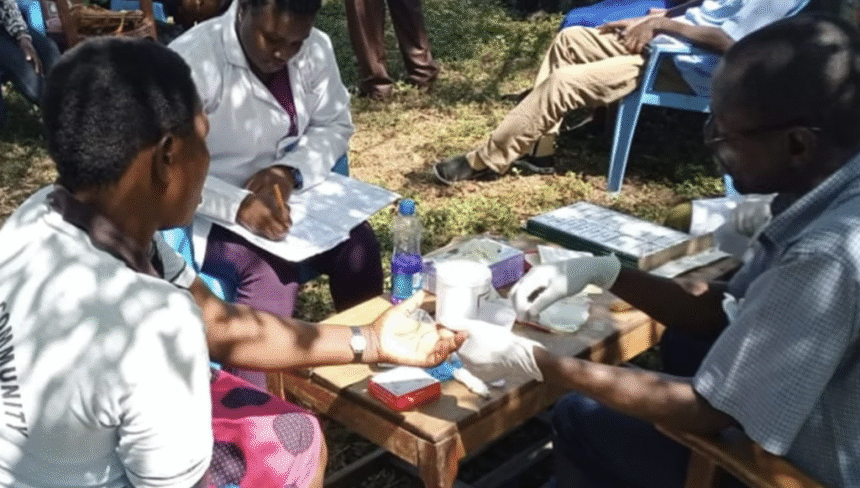The World Health Organization (WHO) has officially recognized Kenya for eliminating human African trypanosomiasis (HAT) or sleeping sickness as a public health concern, making it the tenth country to achieve this significant milestone. With this accomplishment, Kenya joins the league of nations that have successfully eradicated neglected tropical diseases (NTDs), following the country’s certification as Guinea worm disease-free in 2018.
HAT is a vector-borne disease caused by the parasite Trypanosoma brucei, transmitted to humans through tsetse fly bites. Rural populations engaged in agriculture, fishing, animal husbandry, or hunting are most susceptible to the disease. Kenya, where the Rhodesian form of HAT is prevalent, has made remarkable progress in combating this life-threatening illness.
“This validation is a monumental achievement for Kenya, signifying the eradication of a deadly disease within our borders. It not only safeguards our population but also sets the stage for economic growth and prosperity,” stated Dr. Aden Duale, Kenya’s Cabinet Secretary for Health. The country has diligently pursued control measures since the early 20th century, resulting in no new indigenous cases reported for over a decade.
To bolster surveillance efforts, Kenya established sentinel sites in six historically endemic counties equipped with diagnostic tools and trained personnel. Additionally, the country actively monitors tsetse flies and animal trypanosomiasis, supported by the Kenya Tsetse and Trypanosomiasis Eradication Council (KENTTEC). These initiatives, coupled with collaborative efforts between government bodies, research institutions, development partners, and communities, have been pivotal in achieving HAT elimination.
Moving forward, Kenya’s HAT elimination program, with support from WHO and partners like FIND, will implement a post-validation surveillance plan to detect any potential resurgence of transmission. The country remains committed to upholding WHO’s recommendations and ensuring rapid treatment through a stock of medicines donated by Bayer AG and Sanofi.
With 57 countries having eliminated at least one NTD, Kenya’s success in eliminating HAT underscores the global progress in combating neglected tropical diseases. Benin, Chad, Côte d’Ivoire, Equatorial Guinea, Ghana, Guinea, Rwanda, Togo, and Uganda are the other nations that have achieved HAT elimination as a public health concern.
The elimination of HAT in Kenya is a testament to the unwavering dedication of health workers, government leadership, and support from key stakeholders. WHO commends the collective efforts that led to this milestone and emphasizes the importance of continued monitoring to prevent any resurgence of the disease.
This article was distributed by African Media Agency (AMA) on behalf of WHO. The original post can be accessed on African Media Agency.








